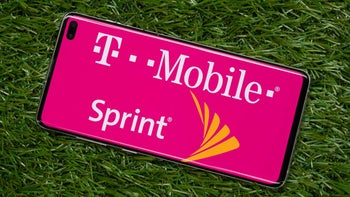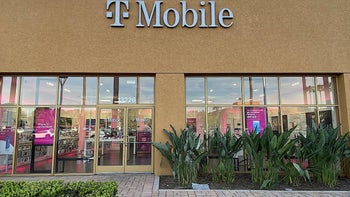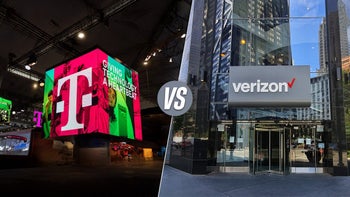T-Mobile pays the FCC $200 million for something it did not do

The United States' Lifeline program gives low-income consumers as much as $9.25 in federal cash each month that goes toward their phone line or their internet access cost; Americans who are part of the program can choose to use that credit on either their monthly phone bill or internet bill-it cannot be used on both. This morning, the FCC's Enforcement Bureau announced that T-Mobile agreed to pay the U.S. Treasury a penalty of $200 million following an investigation.
T-Mobile is on the hook for Sprint's $200 million screw up
What the FCC discovered was that Sprint was claiming the monthly $9.25 in federal subsidies for 885,000 Lifeline subscribers even though they were not using the service. We first told you about the allegations in September of 2019 and at the time, we wondered whether Sprint's actions would prevent T-Mobile from acquiring the carrier. It didn't, of course, and T-Mobile completed the deal and subsequently became the second largest carrier in the states while being the first to offer nationwide 5G service. For most of its low-income rural subscribers, the Lifeline program provides a large enough subsidy to make their service free each month.

The Lifeline program helps subsidize phone or internet service for low-income Americans
In addition to shelling out that aforementioned $200 million civil fine, T-Mobile agreed to join a compliance plan that will ensure that the carrier follows the FCC's rules for the Lifeline program in the future. Under the program's non-usage rule, a carrier that offers free Lifeline service will be reimbursed for a Lifeline subscriber only if he/she has used the service at least once over the past 30 days. If the subscriber still hasn't used his/her phone after 15 days' notice, that subscriber must be de-enrolled from the Lifeline program. The reason for this rule is to prevent Lifeline from wasting taxpayer funds on service not used to benefit individuals.
In a statement, FCC chairman Ajit Pai said, "Lifeline is key to our commitment to bringing digital opportunity to low-income Americans, and it is especially critical that we make the best use of taxpayer dollars for this vital program. I’m pleased that we were able to resolve this investigation in a manner that sends a strong message about the importance of complying with rules designed to prevent waste, fraud, and abuse in the Lifeline program. In addition to the great work of our Enforcement Bureau team, I would like to thank the Oregon Public Utility Commission for its efforts in this case. States play an important role in helping low-income consumers get access to affordable communications through Lifeline and making sure the program is run efficiently."
The FCC notes that the $200 million awarded to the U.S. Treasury is the largest fixed-amount settlement that the FCC has ever imposed and was the result of an investigation done by the Oregon Public Utility Commission. Even though Sprint is now part of T-Mobile, it is offering Lifeline under the Assurance Wireless brand.
On April 1st of this year, T-Mobile officially merged with Sprint after nearly two years of battling with the FCC and the Department of Justice. T-Mobile went after Sprint for one major reason. It wanted the carrier's mid-band 2.5GHz spectrum so that it could launch its layer cake version of 5G. The low-band 600MHz airwaves that T-Mobile won from an FCC auction are deployed to allow its 5G service to reach from coast-to-coast. The 2.5GHz spectrum picked up from the acquisition of Sprint allows rural Americans to connect to T-Mobile's 5G service and also delivers faster download data speeds than low-band 5G. The top layer of the cake belongs to the high-band mmWave band that provides the fastest 5G speeds even though it travels only short distances.
$200 million is a lot of money, but keep in mind that the stock market currently values the carrier at $143.6 billion.










Things that are NOT allowed: